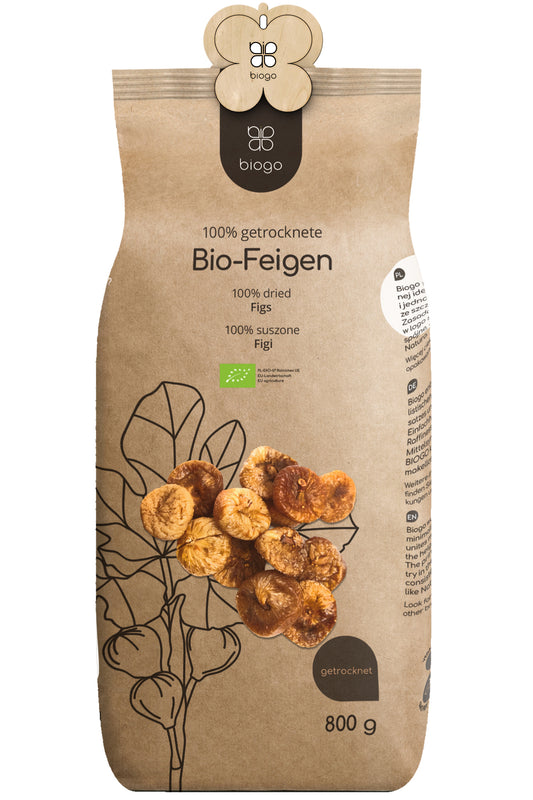Turmeric – Use not only in the kitchen
Turmeric, also known as Indian saffron or long turmeric, is sometimes called the gold of India. It is most widely cultivated and consumed in India. It is also cultivated in China, Indonesia, Vietnam, and Thailand, among other countries. It has been used as a spice for over 2,000 years. Today, turmeric is known, used, and appreciated not only in the traditional cuisine of the Far East, but in almost every corner of the world. It is valued not only for its culinary qualities and exceptional flavor, but also as an ingredient in natural cosmetics. In addition, the health-promoting properties of turmeric are increasingly appreciated. The effects of this extraordinary spice are, as it turns out, quite versatile. Why and when is it worth reaching for it, and are there any contraindications to its use?
Health properties of turmeric
Demethoxycurcumin and bisdemethoxycurcumin are responsible for turmeric's intense yellow-orange color. Curcumin has several health-promoting properties—antibacterial, anti-inflammatory, anticancer, antioxidant, antifungal, and antiviral. Due to its potent anti-inflammatory effects, turmeric is effective in treating inflammation of muscles, joints, and bones and provides relief from rheumatism.
Taking turmeric-based supplements:
- can bring relief and health improvement to people with gastrointestinal problems, for example indigestion, pancreatitis, and even cancer of the digestive system,
- can be helpful for toothache and gingivitis,
- can support the treatment of anemia as it contains a lot of iron,
- can help relieve the effects of colds such as sinusitis, fever, runny nose or cough,
- can be helpful in lowering blood pressure and have an antiatherosclerotic effect,
- can help fight diabetes by lowering blood sugar levels,
- It has a supportive effect on the nervous system, it is recommended for people with depression, Parkinson's and Alzheimer's, among others,
- supports weight control by supporting the production of bile and the process of fat digestion.
When applied externally in the form of masks or compresses, turmeric can have the following effects:
- antibacterial for abrasions, wounds and burns,
- Relief from skin problems such as eczema, acne or psoriasis,
- evening skin tone, delaying the aging process of the facial skin, smoothing and anti-wrinkle.
Turmeric contraindications for use
If you're healthy, the best and easiest way to get turmeric into your body is by using it as a spice in your kitchen. To increase the amount, you can supplement with turmeric in capsules or tablets. However, consuming large amounts of turmeric is contraindicated during pregnancy—turmeric can cause premature uterine contractions. Turmeric supplementation is also not recommended for people with gallstones and urinary tract obstruction, as well as for people taking diabetes and blood thinners without first consulting a doctor, as turmeric can enhance the effects of certain medications.
THE PUBLISHER'S CHOICE
Dried dates 1 kg BIOGO
- €4,21
€4,95- €4,21
- Unit price
- / per
Almonds 1 kg BIOGO
- €11,69
€13,75- €11,69
- Unit price
- / per
Peeled sunflower seeds 1 kg BIOGO
- €3,04
€3,57- €3,04
- Unit price
- / per
Dried organic mango 400 g BIOGO
- €10,99
- €10,99
- Unit price
- / per
Dried White Mulberries 500 g ORGANIC
- €5,84
€6,87- €5,84
- Unit price
- / per
Popcorn (corn kernels) organic 1 kg BIOGO
- €5,84
- €5,84
- Unit price
- / per
Organic Ground Turmeric 500 g BIOGO
- €5,92
- €5,92
- Unit price
- / per
Milk thistle seeds 1 kg BIOGO
- €3,99
- €3,99
- Unit price
- / per
Dried organic figs 800 g BIOGO
- €30,12
- €30,12
- Unit price
- / per
Bag #changezbiogo Cotton v.2
- €3,27
- €3,27
- Unit price
- / per






































































































































